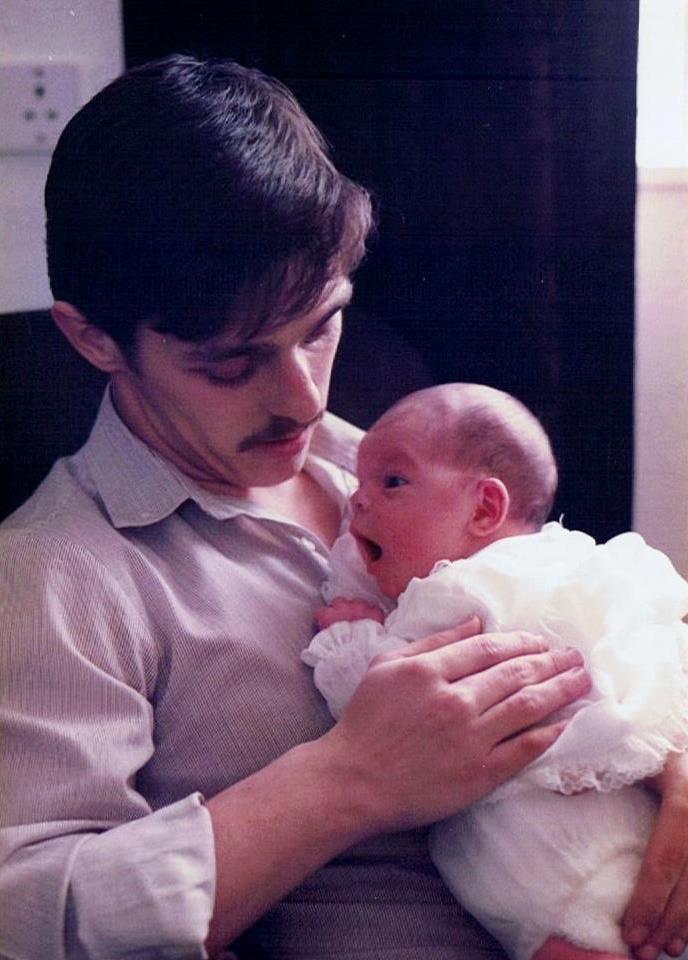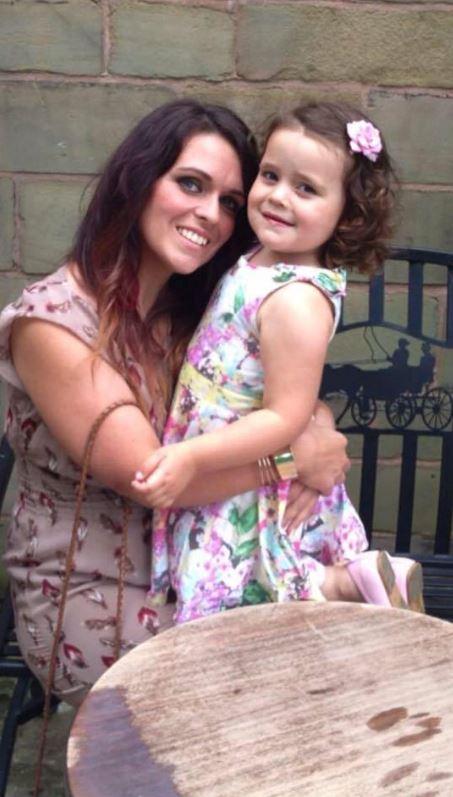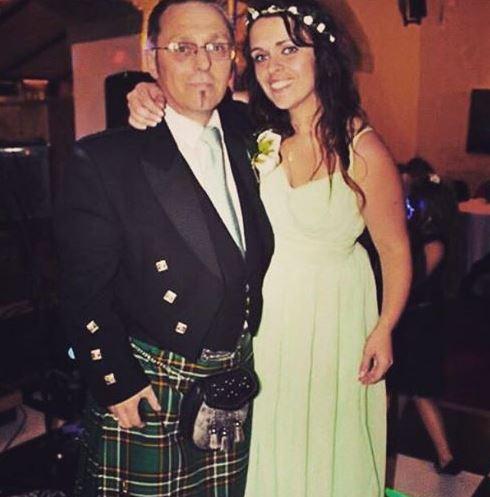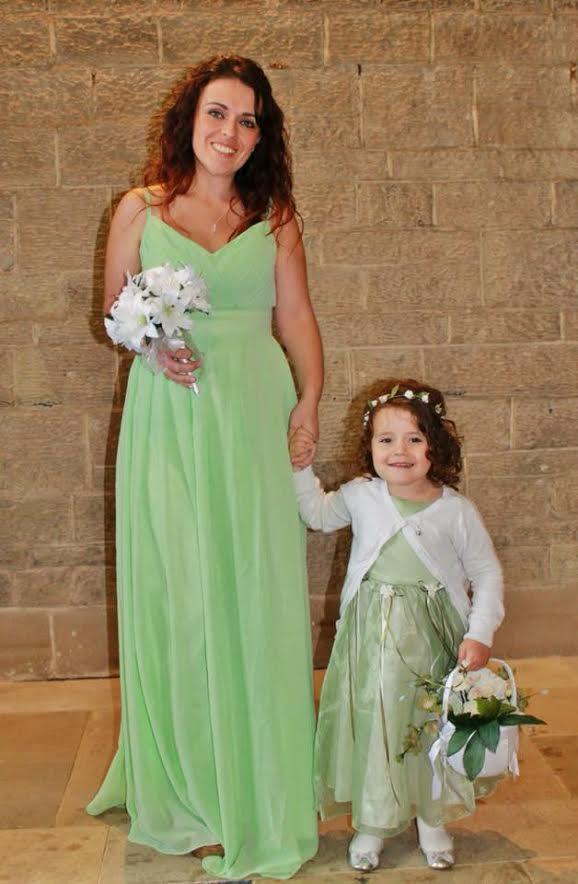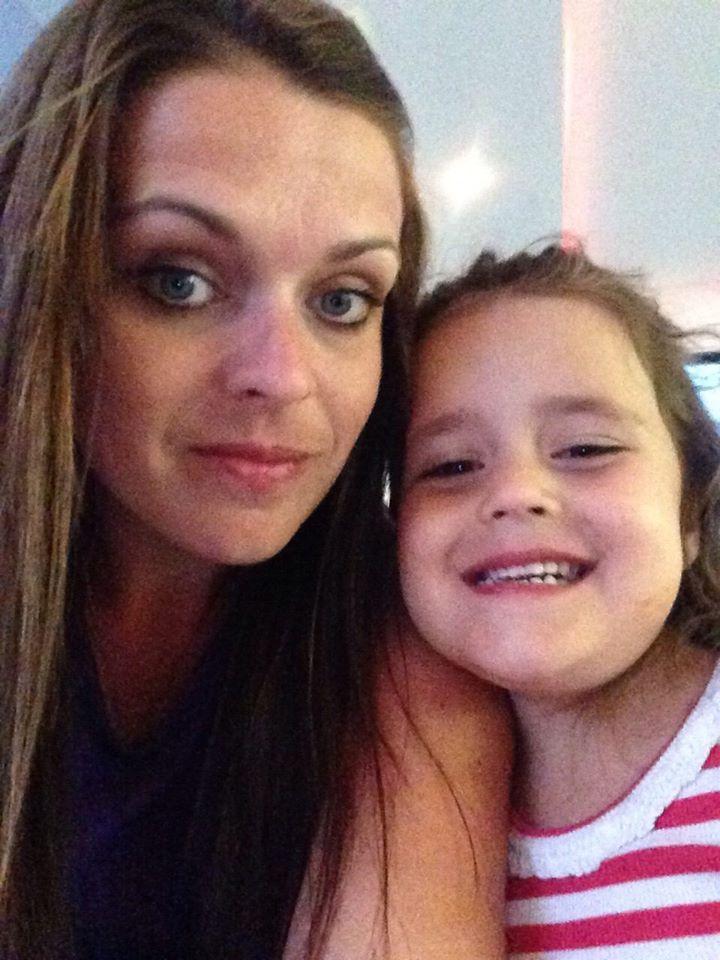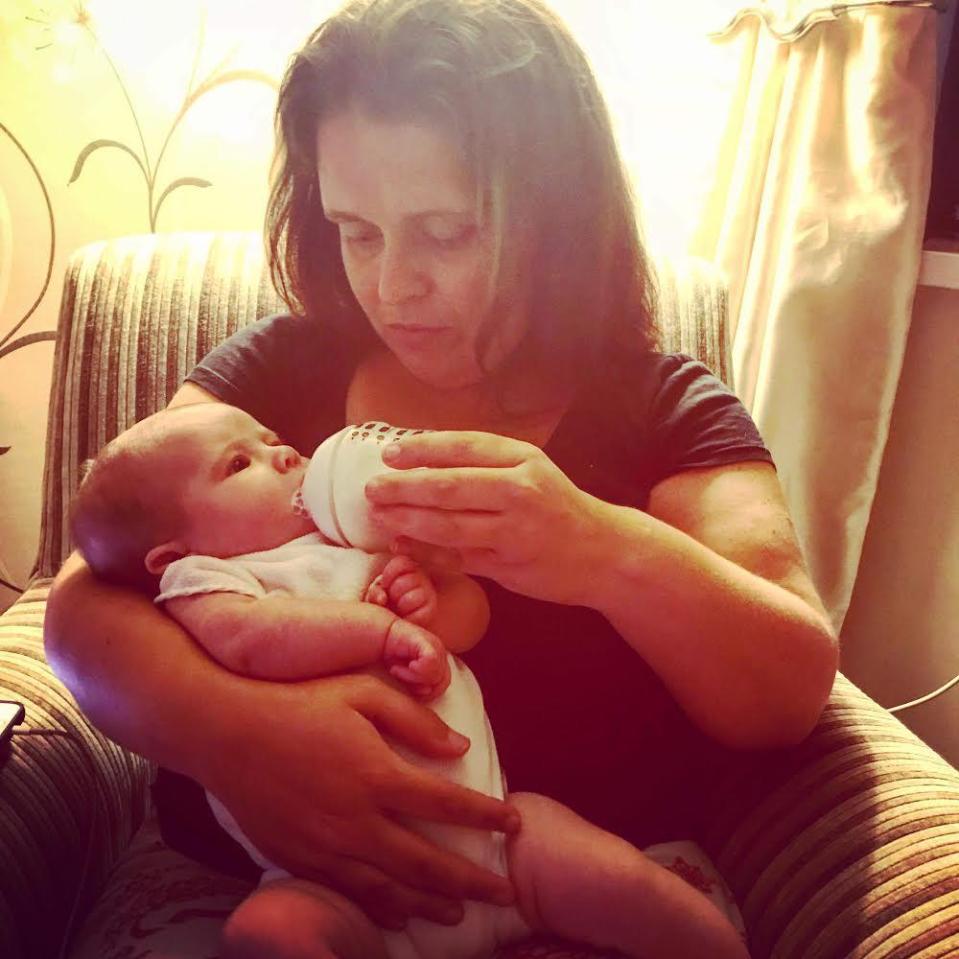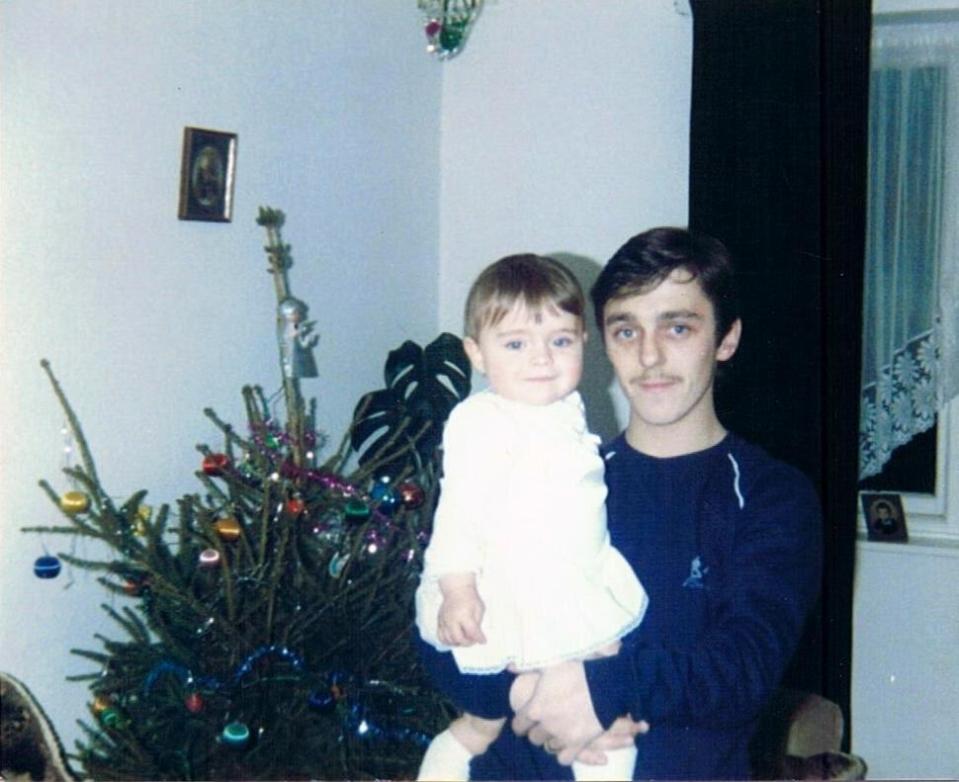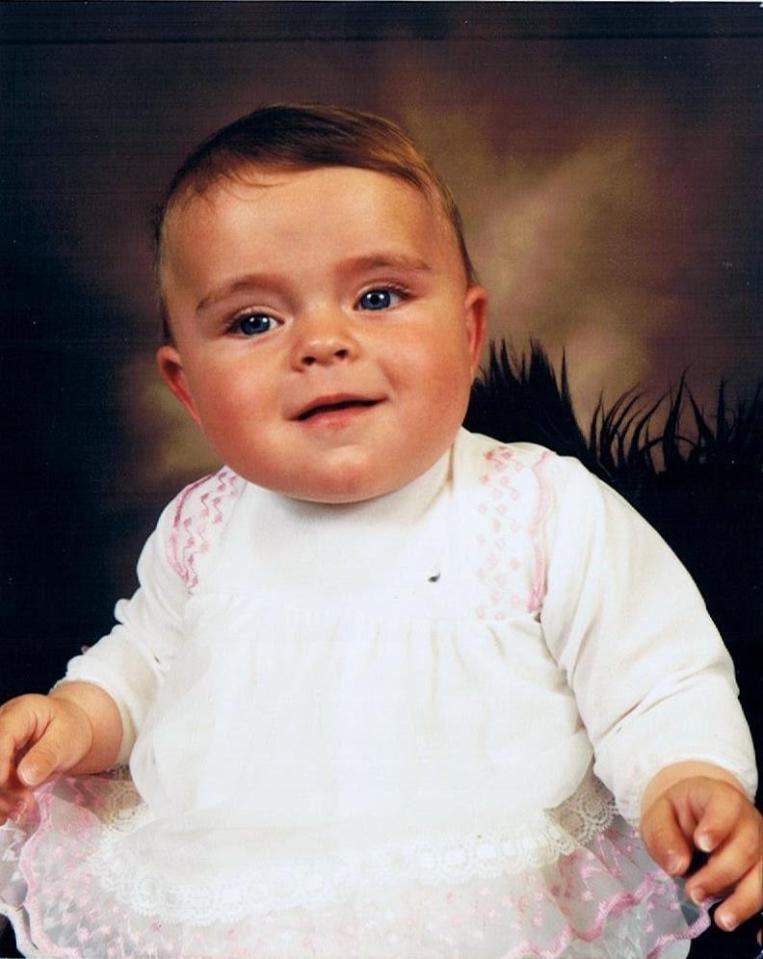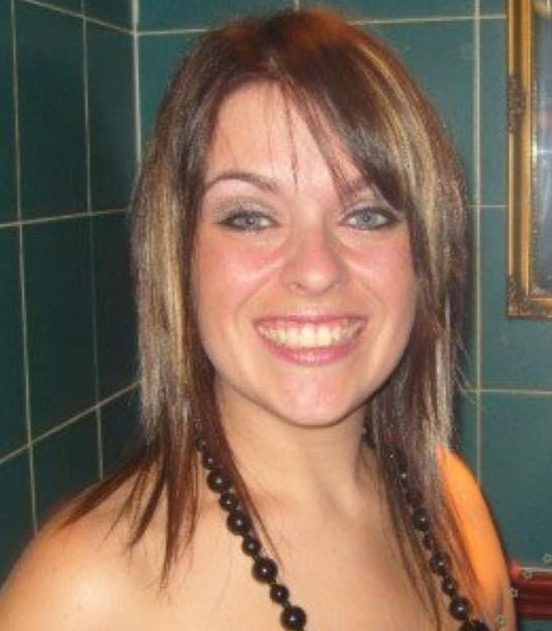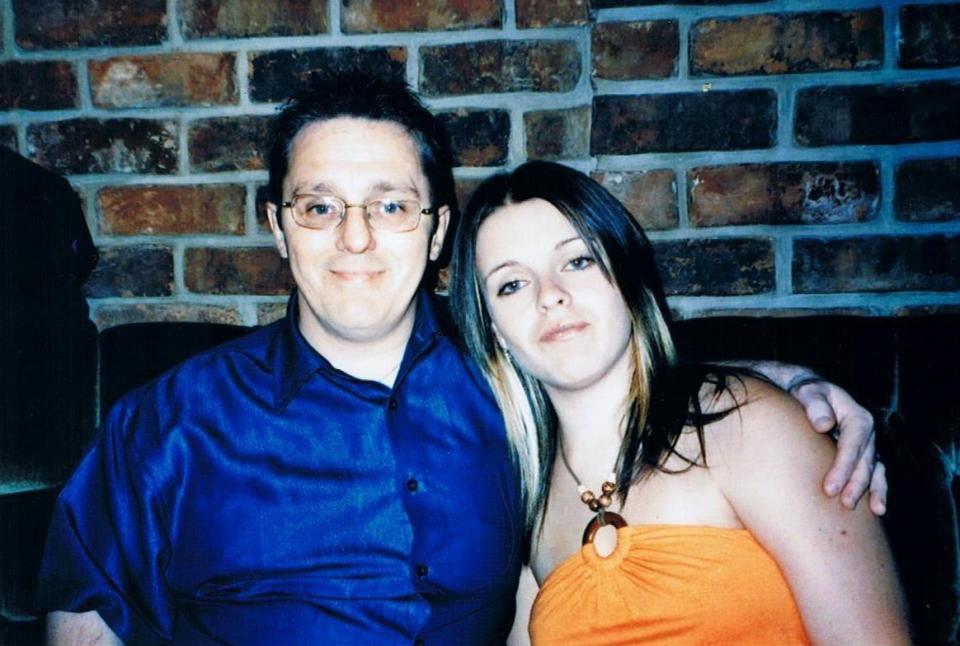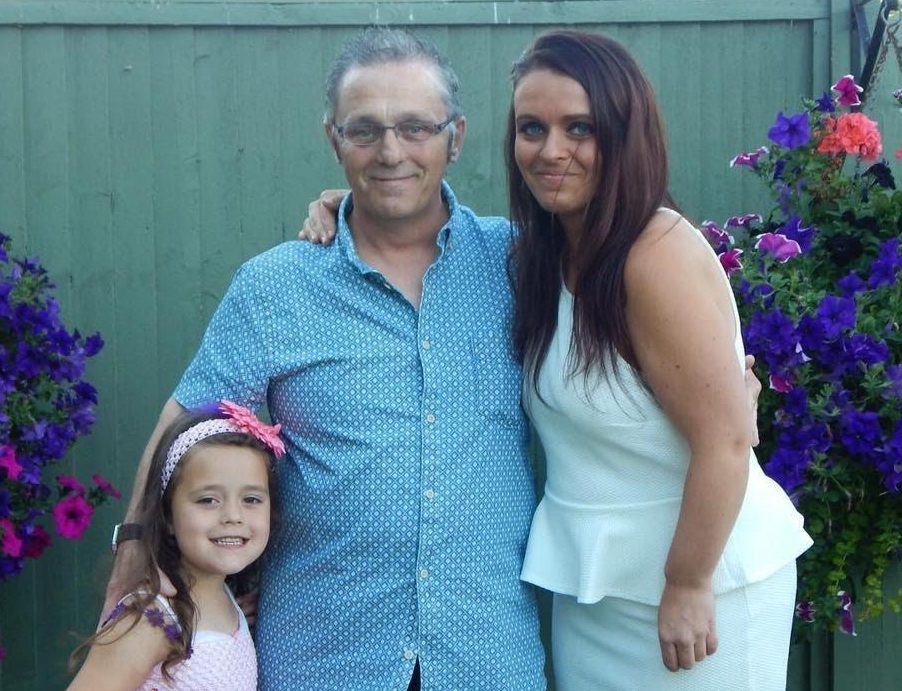My lively daughter was diagnosed with dementia aged 33 and no longer even knows where she lives – but I’ll NEVER give up on her and her child
When Rachel Potter got lost on the way home from her parents' house it heralded the start of a tragic decline into dementia

A HEARTBROKEN dad has told how his 33-year-old daughter is suffering from dementia, after developing symptoms aged just 31.
Former nursery nurse Rachel Potter, from Chesterfield, Derbyshire, is believed to be one of the youngest people ever in Britain to be diagnosed with the illness, typically associated with the elderly.
But the pretty mum-of-one wasn’t always ill – until just a few years ago she worked with young children, was a single mum to her daughter Brooke, now eight, and loved going out with her friends and travelling the world.
In pictures from just five years ago, taken at her dad Kev Potter’s wedding to wife Melanie, 39, she’s pictured in her bridesmaid dress beaming alongside Brooke.
But now she has forgotten even simple things – like how to use the washing machine and how to get to and from her home.
Her mobility has also been affected and she “shuffles” places.
Devastated dad Kev, 61, from Chesterfield said: “It’s absolutely devastating.
“She was a lively teenager who loved travelling, going to discos and the boyband Take That.
“But she’s not the same girl anymore.”
Kev told how in her teens and 20s Rachel – who gave birth to Brooke in 2010 and took to motherhood immediately – was “vivacious and fun".
“She was normal throughout primary and secondary school. She left at 16 and studied childcare,” he explained.
“She thrived in college.
“She travelled all over the world – to Ibiza and Barbados.
“She was fiercely independent and wonderful at her job.
“But now she is too ill to work. She’s lost her movement and her memory. It’s heartbreaking to see her decline like she has.”
Sadly Rachel’s grandfather died of dementia in his 40s, a number of years ago.
And her mum, June, 60, has battled it for seven years.
The family all have a type of the debilitating illness called Gerstmann–Sträussler–Scheinker syndrome.
So when Rachel developed symptoms in early 2016 her family were immediately concerned.
“We noticed her memory was going a bit in 2016,” her dad, said. “She left my house one day and set off for her home around 45 minutes away.
“She’d done the route many, many times but got very lost.
“She had a Sat Nav with her but around two hours later called me in floods of tears.
“She was very distressed. She didn’t have a clue where she was.
“I didn’t know what to think. I was very worried.”
Eventually her dad managed to track her to Wakefield in West Yorkshire, and went to collect her.
“She couldn’t understand what had happened – where her memory had gone,” he said.
Concerned, they visited her GP who referred her to hospital for various tests.
As a result of her family history they took it seriously immediately.
“We went to the doctor to find out what was causing the losses in memory,” her dad said.
“He referred her to Sheffield Hospital and they referred her onto University College Hospital in London where – under a specialist team – doctors carried out more tests on her.”
She had MRIs, brain scans and spinal fluid tests.
Then in January this year, after repeated tests, she learnt she had Gerstmann–Sträussler–Scheinker syndrome which is a type of prion disease.
What is Gerstmann-Straussler-Scheinker syndrome?
Gerstmann Straussler Scheinker syndrome (GSS), also known as progressive dementia, is a type of prion disease.
These are a group of conditions that affect the nervous system.
Signs and symptoms of Gerstmann-Straussler-Scheinker syndrome include:
- Progressive ataxia, including clumsiness, unsteadiness, and difficulty walking
- Cognitive dysfunction leading to dementia
- Slurred speech
- Nystagmus (abnormal eye movements)
- Spasticity (rigid muscle tone)
- Visual disturbances, sometimes leading to blindness
- Lack of coordination in swallowing
- Deafness
According to the US Department of Health and Human Sciences, it is an inherited illness.
They said: “A person with GSS has a 50% chance with each pregnancy of passing along the mutated gene to his or her child.”
Prion diseases are a group of conditions affecting the nervous system and cause areas of the brain to degenerate causing dementia.
It is incurable and her condition will only worsen.
Her dad explained: “It’s a really rare form of dementia. Now doctors come up every six to eight weeks to carry out a series of cognitive tests on Rachel to see how how she is doing.
“It’s really difficult. We went to a holiday camp in Norfolk not long ago. She walked to the shop – we could see it from where we were. But she got lost for two hours.
“We had to call security.
“I used to take her shopping and she would walk out the shop, walk past the car and wonder where it was.
“There have been instances where we are talking on the phone, we’ve been discussing things and she will answer something totally unrelated to the question.
“Recently she took the washing out the washing machine, looked at it and didn’t know what it was.”
“We’ve become increasingly guarded toward her.
“She’s started shuffling. It’s become hard for her to walk.”
Kev, who cares for his daughter alongside support workers, is desperate for Rachel and Brooke to enjoy one last holiday together - while Rachel still knows who her daughter is.
He’s set up a GoFundMe fundraising page with the hope they’ll raise enough money so they can travel to Disneyland.
“I retired from the civil service a few years ago,” Kev explained. “I was looking forward to retirement but now I spend all my time doing things for Rachel.
“I wouldn’t have it any other way though
“I love her so much, but it is so hard.
“It’s horrifying that this happened and to see my darling daughter regress like this.”
- If you would like to donate to Rachel and Brooke’s holiday please visit their GoFundMe page .
MOST READ IN FABULOUS
Plus this lonely mum, 27, reveals she hasn't made a single friend since getting pregnant aged 15.
And this mum who had her sister's baby speaks of the 'indescribable love' she feels for the newborn.


